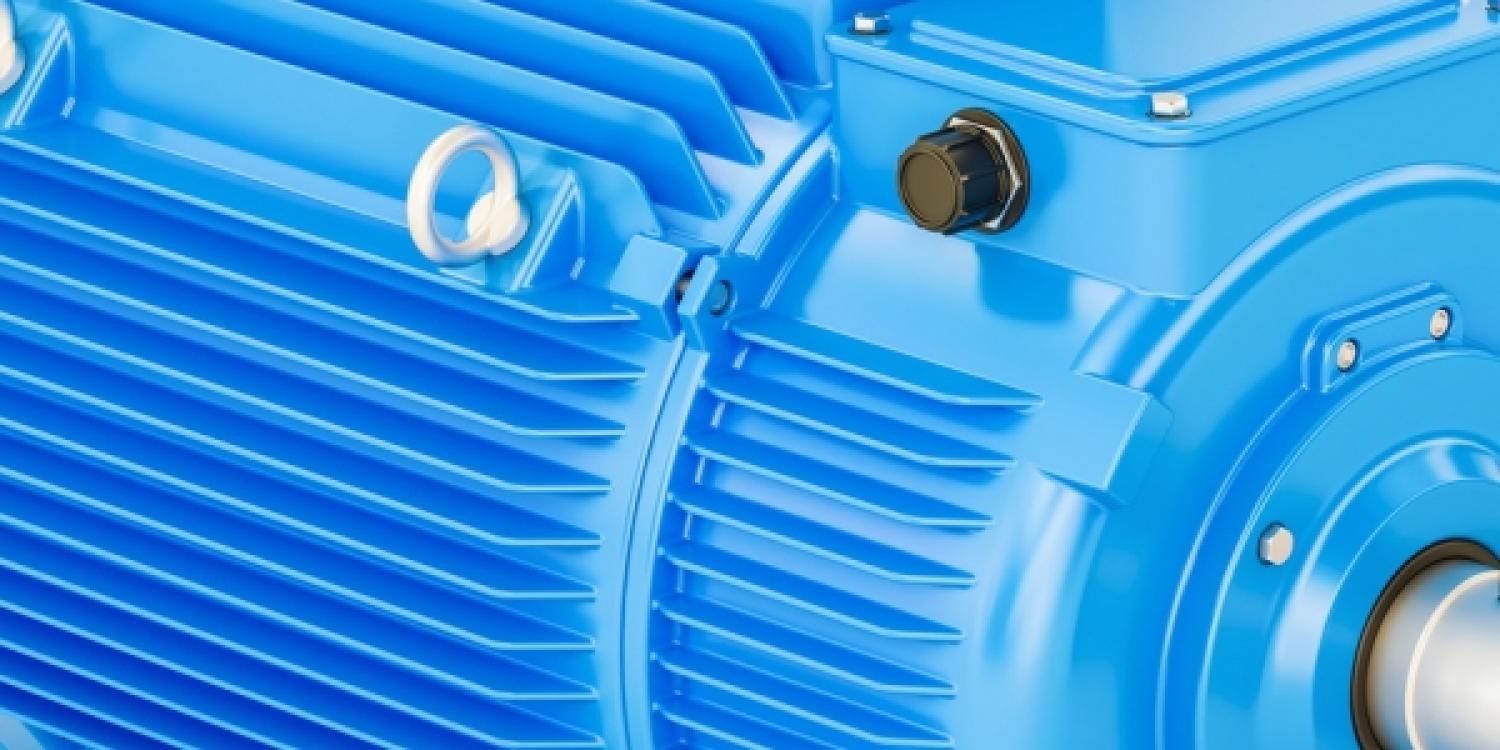Changing from EFF2 to IE3 motors

Information
Better motors, better company, better environment
- A campaign to replace inefficient motors yields environmental and cost savings
- Reduced annual energy consumption of 227 040 kWh results in cost savings of around € 32 420
The German company Wayand AG produces plastic components for the automotive, commercial vehicle, agricultural and construction machinery industries. It produces a wide range of exterior and interior components, from tools to final coating and mounted components.
In the area of car painting, the company uses 16 motors for the supply and exhaust air system. All 16 motors had an efficiency certificate EFF2, which is equivalent to IE1 today, the lowest effective rate in the current standard. They wasted a lot of energy. So, in many electric driven processes, it was worth replacing the old motors even before they break down.
Wayand exchanged their motors with IE3 motors for € 26 250 to gain a huge benefit from energy savings and corresponding costs.
Key results
Thanks to the more efficient motors, energy consumption at the plant went down by about 227 040 kWh, which results in savings of some € 32 420 per year. This means the motors amortise themselves in less than a year. Next to the cost savings, the CO2 emissions are reduced by 131 tonnes per year.
Effizienznetz Rheinland-Pfalz, WAYAND AG - Mit Resourceneffizienz zusätzlichen Mehrwert schaffen, https://effnet.rlp.de/fileadmin/effnet/Praesentationsblaetter/Wayand_AG…